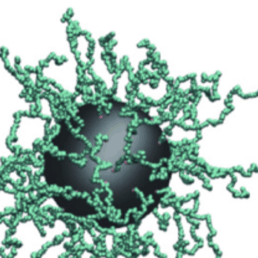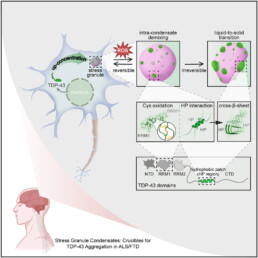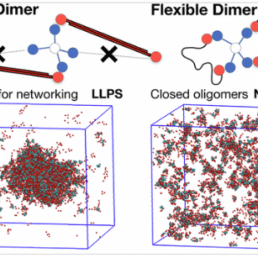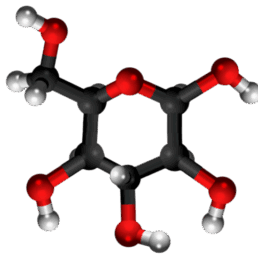Mission: Training the next generation of interdisciplinary scientists
The unique aim of RTG 3120 ‘Biomolecular Condensates’ is to establish an interdisciplinary educational and research framework that unites biophysicists, soft matter physicists, polymer physicists, biologists, biochemists, and computational biologists in the quest to understand biomolecular condensates from physical principles to biological functions.
Why Dresden?
“When I got to Dresden, I was amazed by the collaborative scientific community. The engagement among departments and research institutes is truly a marvel that I have not seen anywhere else. While I was only a visiting researcher, I was welcomed into the community like an old friend. Dresden is the place to be for anyone interested in Droplet research.”
Nikki Hammond, Chemical Engineering PhD Graduate Student at North Carolina State University
Read more about Nikki’s time in Dresden.
Current news by our research groups
Why Study Biomolecular Condensates?
Cells are not just bags of molecules; they are exquisitely organized, with biochemical reactions coordinated in space and time. One of the most exciting discoveries of the last decade is that many cellular processes are orchestrated by biomolecular condensates—dynamic, membraneless compartments that form through phase separation. These condensates challenge our traditional understanding of how cells work, opening up a new frontier at the intersection of physics, chemistry, and biology.
Learn the basics of Biomolecuar Condensates
A quick intro to the Physics of Wetting
19. September 2023
How Protein Condensates Age
8. August 2023
Diving into the Free Energy: Part 1
31. May 2023
Go to the Science Sketches page for more cool explanatory movies.








